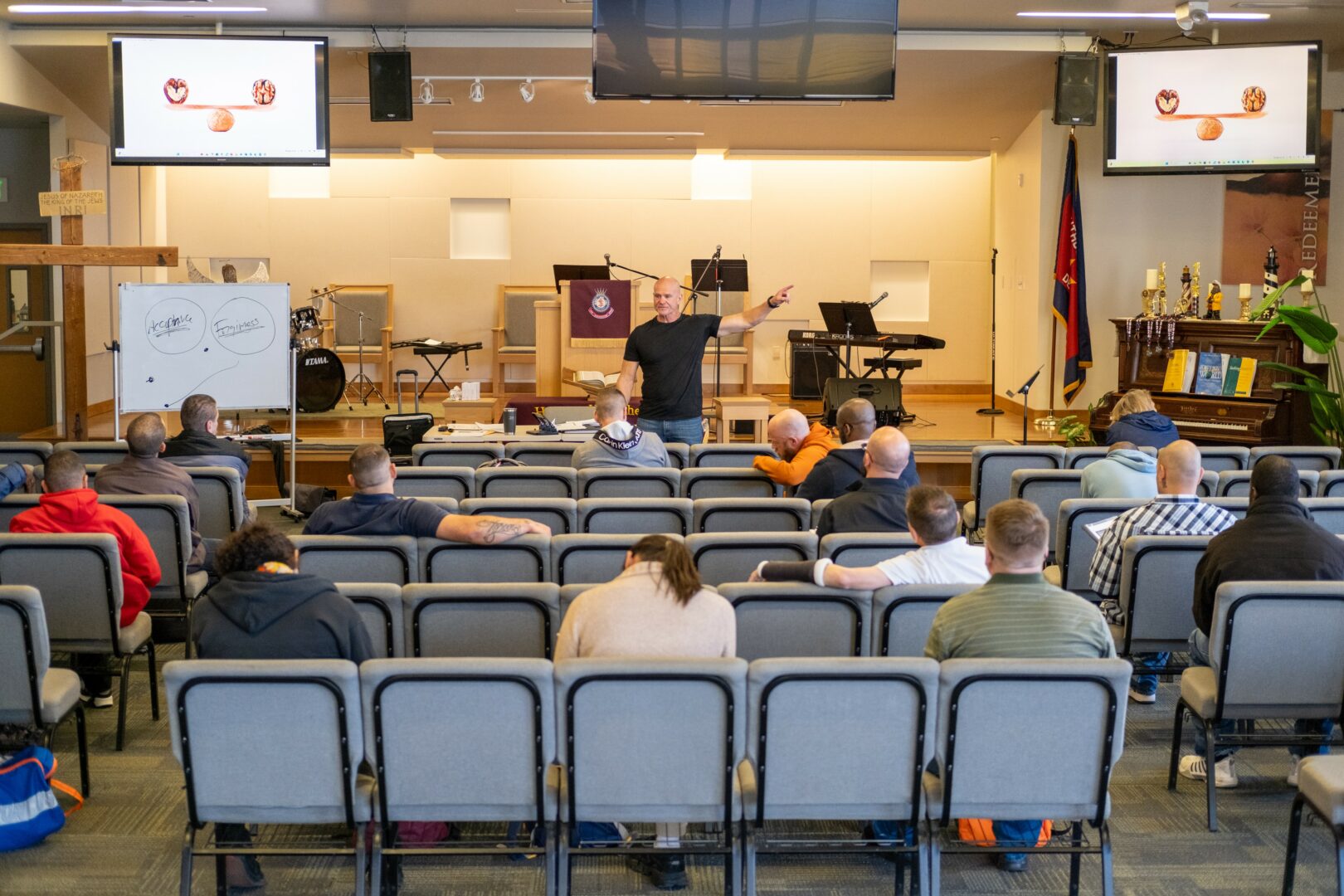We caught up with the brilliant and insightful Cameron Lundstrom a few weeks ago and have shared our conversation below.
Cameron, we’re so excited for our community to get to know you and learn from your journey and the wisdom you’ve acquired over time. Let’s kick things off with a discussion on self-confidence and self-esteem. How did you develop yours?
There was a time in my life when I found myself at rock bottom—mentally, emotionally, and spiritually drained. For years, I had been running from adversity, avoiding the pain and unresolved struggles of my past. But avoidance has a way of catching up with you, and eventually, the weight of everything I had ignored became too heavy to carry. I reached a breaking point where I felt completely disconnected from myself, my self-worth shattered, and my confidence nonexistent.
I noticed a pattern: when my self-esteem was low, my self-care suffered. And when I neglected myself—physically, emotionally, or mentally—my self-esteem plummeted even further. It became a vicious cycle of self-neglect and self-doubt. At my lowest, I stumbled across a simple but profound idea: “discipline is self-love.” Something about that phrase resonated with me. It suggested that by consistently showing up for myself, even when I didn’t feel like it, I could rebuild my sense of self-worth.
I decided to start with something tangible exercise. I didn’t begin with extreme goals or rigid expectations. I just committed to showing up, even in small ways. Some days, it was just a short walk. Other days, it was a full workout. But what mattered was that I kept my word to myself. I began to realize that each time I followed through on my commitment, I was reinforcing the belief that I was capable, reliable, and deserving of care.
Over time, I noticed the shift—not just physically, but mentally and emotionally. As my body grew stronger, so did my confidence. Each workout became a quiet victory, a reminder that I had control over my actions and that I was worthy of effort. The discipline of exercising regularly created a ripple effect, influencing other areas of my life. I became more mindful of my nutrition, my sleep, and my daily habits. But beyond the physical benefits, something deeper was happening I was rebuilding trust in myself.
This trust became the foundation of my self-esteem. Confidence, I realized, isn’t about perfection or external validation—it’s about knowing you can rely on yourself. Every time I prioritized my well-being; I reinforced that belief. And when challenges arose, I faced them with a new sense of resilience because I had already proven to myself that I could push through discomfort and grow stronger on the other side.
Today, self-care and discipline are non-negotiable pillars in my life and business. They are not just routines; they are acts of self-respect. They remind us that we are worth the effort, that I am capable of growth, and that I have the power to shape my reality. What started as a simple commitment to exercise has evolved into a mindset—one that continues to sustain my confidence, my self-esteem, and my vision for the future.
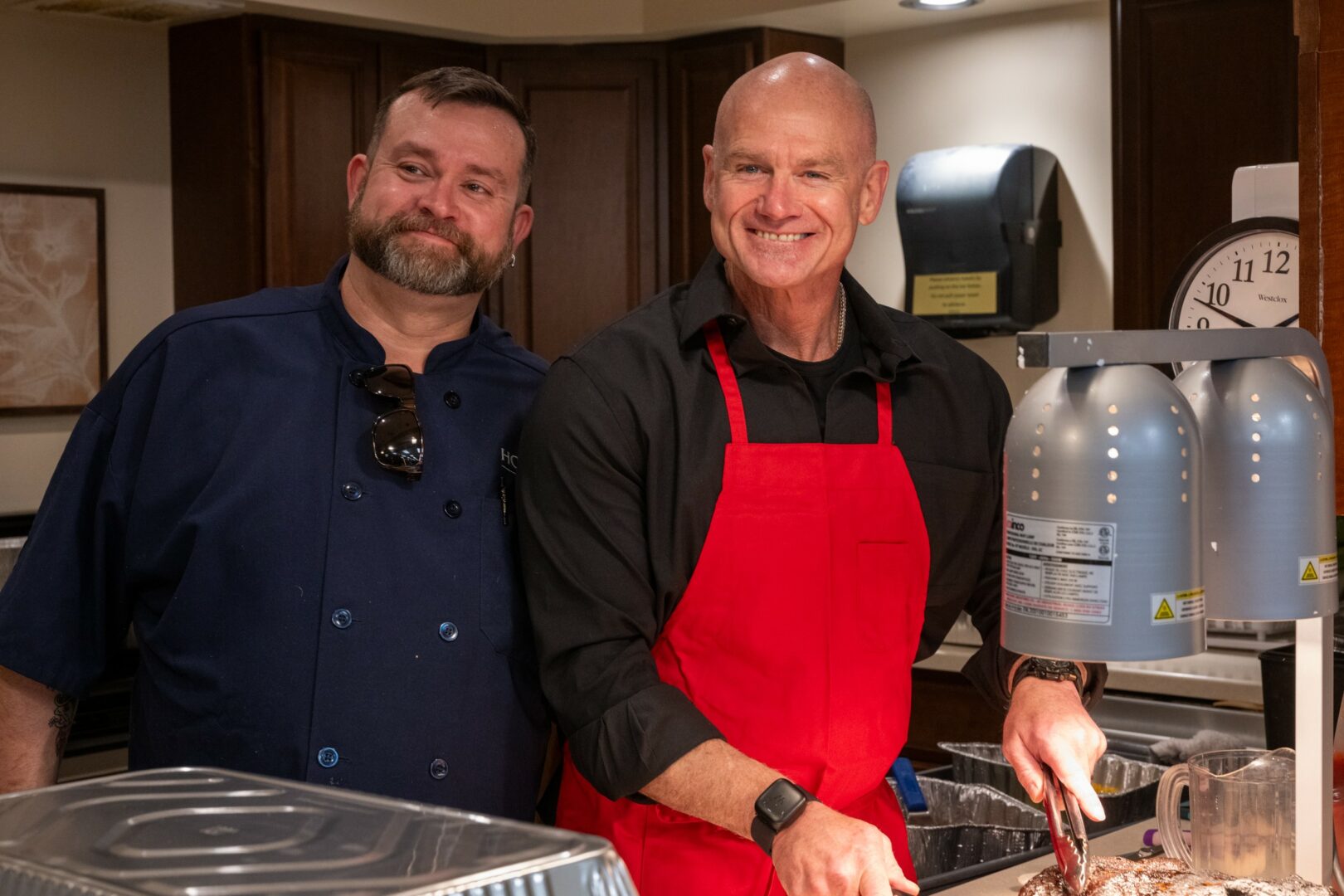
Appreciate the insights and wisdom. Before we dig deeper and ask you about the skills that matter and more, maybe you can tell our readers about yourself?
My journey into entrepreneurship was deeply personal, born from my own experiences with addiction and incarceration. After years of struggling, I was determined to share the lessons that guided me to recovery and, ultimately, a life of service.
Even while still battling addiction, I recognized a recurring pattern: there comes a point where the consequences of drug addiction compound and crash down all at once. I saw it in my own life and in the lives of those around me. We call it “dirt broke and effed up”—when everything collapses, from housing and jobs to relationships and self-worth. Around 2009, despite my own struggles, I started working to help others facing this threshold. I formed a grassroots effort called the “Nap and a Sandwich Foundation,” based on a simple yet powerful principle: providing people in crisis with a meal, a place to rest, and support to restart. The only requirement was that they would help the next person in need. Through this, I discovered that I wasn’t alone—there was an army of people yearning for a way out, bonded by shared hardship. Although I wasn’t yet on my own recovery path, the seed of service had been planted. When I finally embraced my own journey to sobriety, that seed blossomed.
One of the most influential resources in my recovery was The 7 Habits of Highly Effective People. This book provided me with the framework for self-mastery, vision, and management, while also equipping me with the tools to communicate, collaborate, and thrive. It became the foundation for all the psychological and philosophical work I needed to transition from trauma and loss to success and contribution.
That initial spark of service evolved into NAS Recovery Solutions, an ASAM Level I outpatient treatment center dedicated to helping individuals find their way back from addiction and incarceration. At NAS, we recognize that traditional treatment models often fail to meet individuals where they are. Most treatment programs follow a standard format: clinical and therapeutic interventions followed by peer support as a transitional element. However, at NAS, we have turned that model on its head. We believe that the opposite of addiction is not merely sobriety but connection. Our approach leads with peer engagement, ensuring that clients first build relationships and develop a sense of belonging before entering clinical treatment. We prepare them mentally and emotionally, creating a state of readiness so that when they do engage in therapy, they can fully benefit from it.
I understand firsthand what it’s like to be placed in treatment programs that I wasn’t prepared for. For years, I was sent to various classes and programs, but the truth was that I wasn’t ready to seek help. There’s a saying in an old book: “Those that seek shall find.” Until someone is truly ready and looking for answers, those answers can be right in front of them, and they won’t see them. The reality is that all structured programs—whether it be 12-step, MRT, CBT, DBT—work. But they only work to the degree that the participant is willing to engage. At NAS, we lead by example, ensuring that we consistently fill our clients’ cups so they have the capacity and motivation to engage in the programming available to them. We do not replace clinical treatment; rather, we help clients find value in themselves so they can fully embrace the therapeutic process.
My journey has taught me that recovery requires more than just abstinence from substances; it requires learning how to sustain oneself holistically. I discovered this truth while incarcerated, where I committed to a life of discipline, self-improvement, and service. My transformation truly began in 2011, when I faced a 30-year prison sentence under the crime of violence statute. Looking at 20 years before parole eligibility, I made a pivotal decision: I would take full responsibility for my actions. No more justifications, no more victim mentality. I reframed my prison sentence as an opportunity for growth. Over the next five years, I rebuilt my character on four core principles: honesty, integrity, accountability, and responsibility. The first place I found renewal was on the prison weight pile, training with men from all backgrounds. That camaraderie healed me physically, mentally, spiritually, and socially, providing the fuel I needed to keep moving forward.
In 2016, I faced another life-altering challenge: a cancer diagnosis with a grim survival rate. At the time I received the news, I had 14 years left on my sentence and, according to my doctors, only three years left to live. Once again, I had to shift my perspective. If I was going to die in a prison cell, I would spend my remaining time giving everything I had—not just my possessions, but my knowledge, my experiences, and my service. I wrote a simple question on a piece of paper: Is this worthy of your time? Every moment became an opportunity to serve. I mentored my fellow inmates, and in doing so, I found my true purpose. Through service, I healed. In 2018, against all odds, I beat cancer and had 20 years of my sentence overturned. I walked out of prison in 2019 with a mission: to help others break free from addiction and the cycle of incarceration.
Today, NAS Recovery Solutions is more than just a treatment center—it is a movement, a mission fueled by passion and purpose. Every coach on my team has lived experience with addiction and incarceration. We stand as living proof that transformation is possible, and we provide others with the tools and support they need to reclaim their lives. Our work extends beyond treatment; we are actively involved in advocacy, education, and community outreach, continuously striving to create systemic change in how addiction and recovery are approached.
As I continue this journey, I am expanding my reach through public speaking. My personal brand is dedicated to sharing my story, the lessons I’ve learned, and the strategies that have helped me and countless others achieve lasting transformation. Through keynote speeches, workshops, and mentorship programs, I aim to inspire individuals, organizations, and communities to embrace accountability, resilience, and the power of service. My goal is to build a platform that extends far beyond NAS Recovery Solutions—a platform that reaches people at all stages of their journey, from those struggling with addiction to leaders shaping policy.
There is more to my story and to the lessons I’ve learned, and I am committed to sharing them with the world. Whether through NAS, public speaking, or community initiatives, my mission remains the same: to help individuals break free from the chains of addiction, incarceration, and hopelessness, and to guide them toward a life of purpose, connection, and contribution. The road to recovery is not just about surviving—it is about thriving.
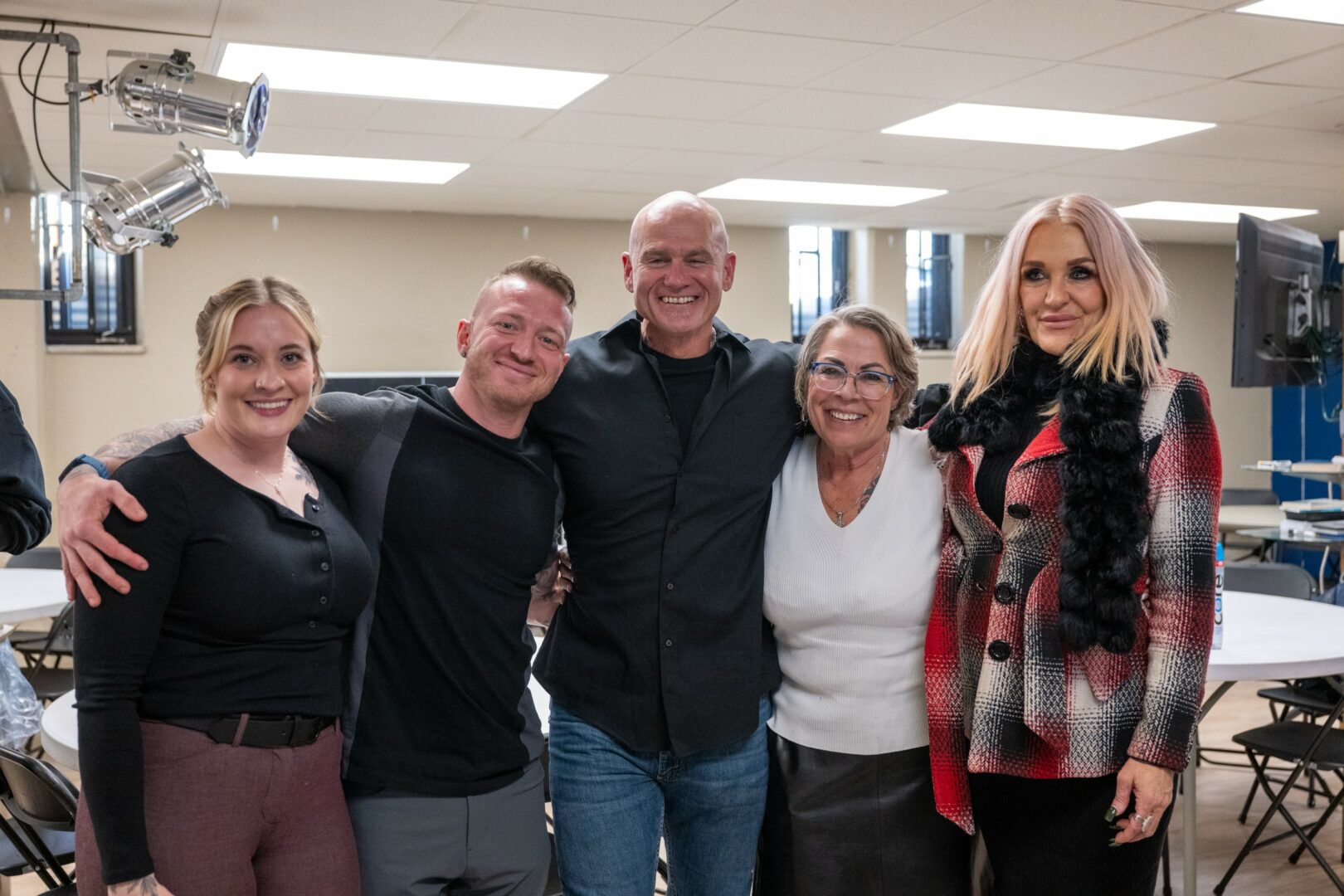
If you had to pick three qualities that are most important to develop, which three would you say matter most?
In 2012, I arrived at Buena Vista Correctional Facility with a 30-year sentence. I was 42 years old, facing the crushing reality that I wouldn’t see a parole board for 20 years. I had been locked up before, but this time was different. This time, I felt like I was going to die in prison. I could have given in to despair, but instead, I made a choice. I wrote six words on a small piece of paper: “Things always work out for me.” I stuck it next to my cell door and repeated it every time I walked through. At first, I didn’t believe it. But after saying it a hundred times, a thousand times, something changed. I created a feeling inside me called Faith—not a passive hope, but an unshakable belief that I could change my life.
Faith alone wasn’t enough. It had to be backed by action. So, I started small, enrolling in programs, hitting the weight pile, spending time in the law library. Each step built momentum, and that momentum reshaped my mindset, my character, and my future. Discipline became my superpower. Discipline is faith in action. It’s the bridge between who you are and who you want to be. It’s the foundation of self-love, self-development, and self-integrity. And the best part? It starts small. You don’t need to overhaul your life overnight. Jim Rohn said, “Just start with an apple a day.” One small habit proves to yourself that you have control over your choices. That one act leads to another, and another, until discipline becomes who you are.
But faith and discipline mean nothing without Focus. In today’s world, your **time, energy, and attention** are your most valuable resources. If you scatter them, you get nowhere. But if you focus them, you become unstoppable. A lightbulb lights a room, but a laser cuts through steel. That’s the difference between passive awareness and intentional action. I trained my focus through reading, at first just to develop the ability to concentrate. Then through meditation, visualization, and setting a clear mission for my life. Focus is about knowing what matters, eliminating distractions, and directing your energy with purpose.
Faith gave me belief.
Discipline gave me action.
Focus gave me direction.
These three qualities changed my life. No matter where you are, they can change yours too. Because no matter what you face—
“Things always work out for you.”
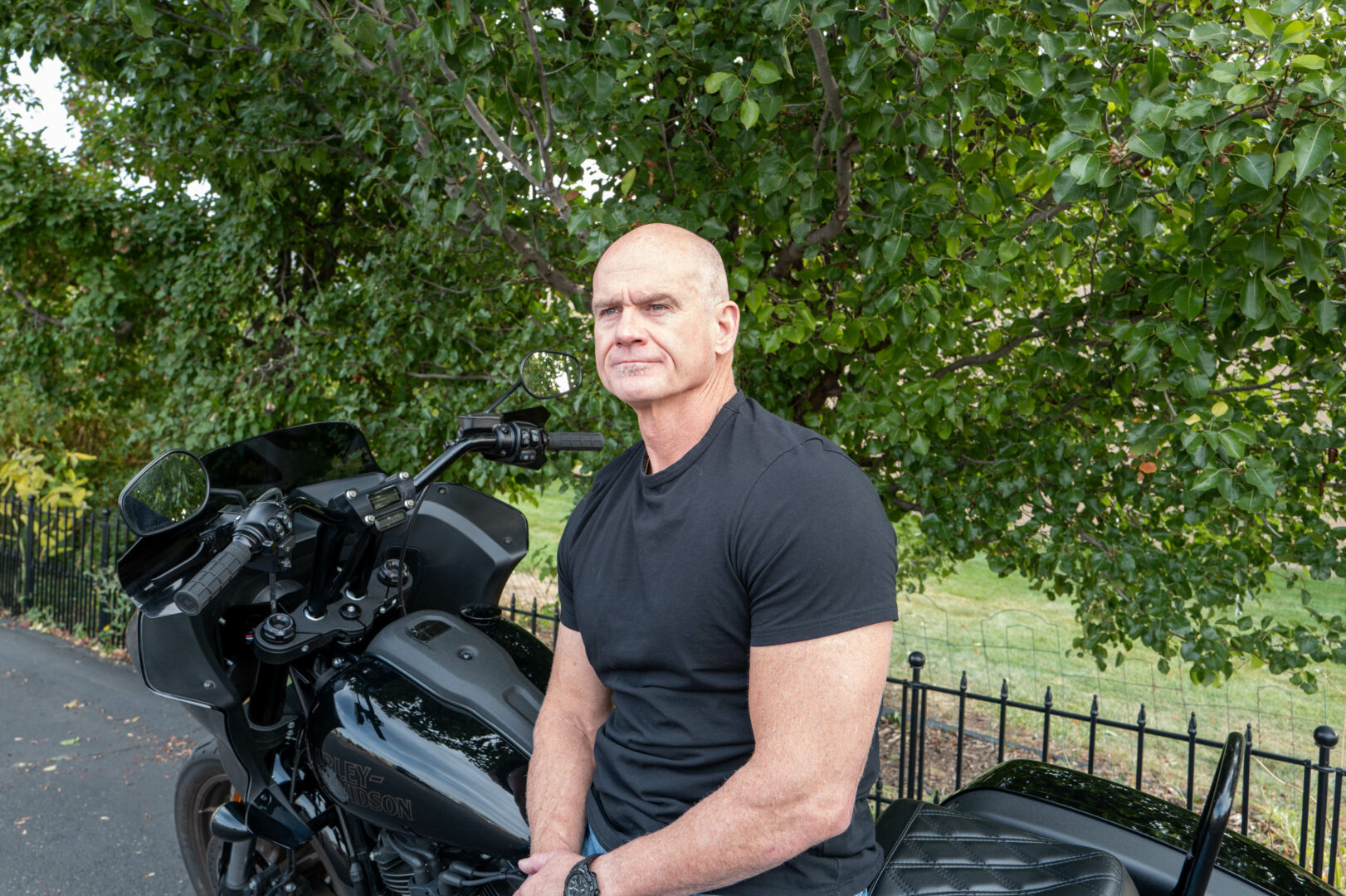
Thanks so much for sharing all these insights with us today. Before we go, is there a book that’s played in important role in your development?
One of the most influential resources in my recovery was The 7 Habits of Highly Effective People. This book provided me with the framework for self-mastery, vision, and management, while also equipping me with the tools to communicate, collaborate, and thrive. It became the foundation for all the psychological and philosophical work I needed to transition from trauma and loss to success and contribution. Amazingly come on this book was written for business. So, while not only helping me shape myself into a better husband, father, and man, it also has been Instrumental learning how to run a successful business.
Contact Info:
- Website: https://www.nasrecoverysolutions.com
- Instagram: https://www.instagram.com/nas.recoverysolutions?igsh=MXptY2trb2hzMDFv
- Facebook: https://www.facebook.com/NASrecoverysolutions?mibextid=wwXIfr&mibextid=wwXIfr
- Linkedin: Cameron Lundstrom
- Twitter: https://www.facebook.com/NASrecoverysolutions?mibextid=wwXIfr&mibextid=wwXIfr
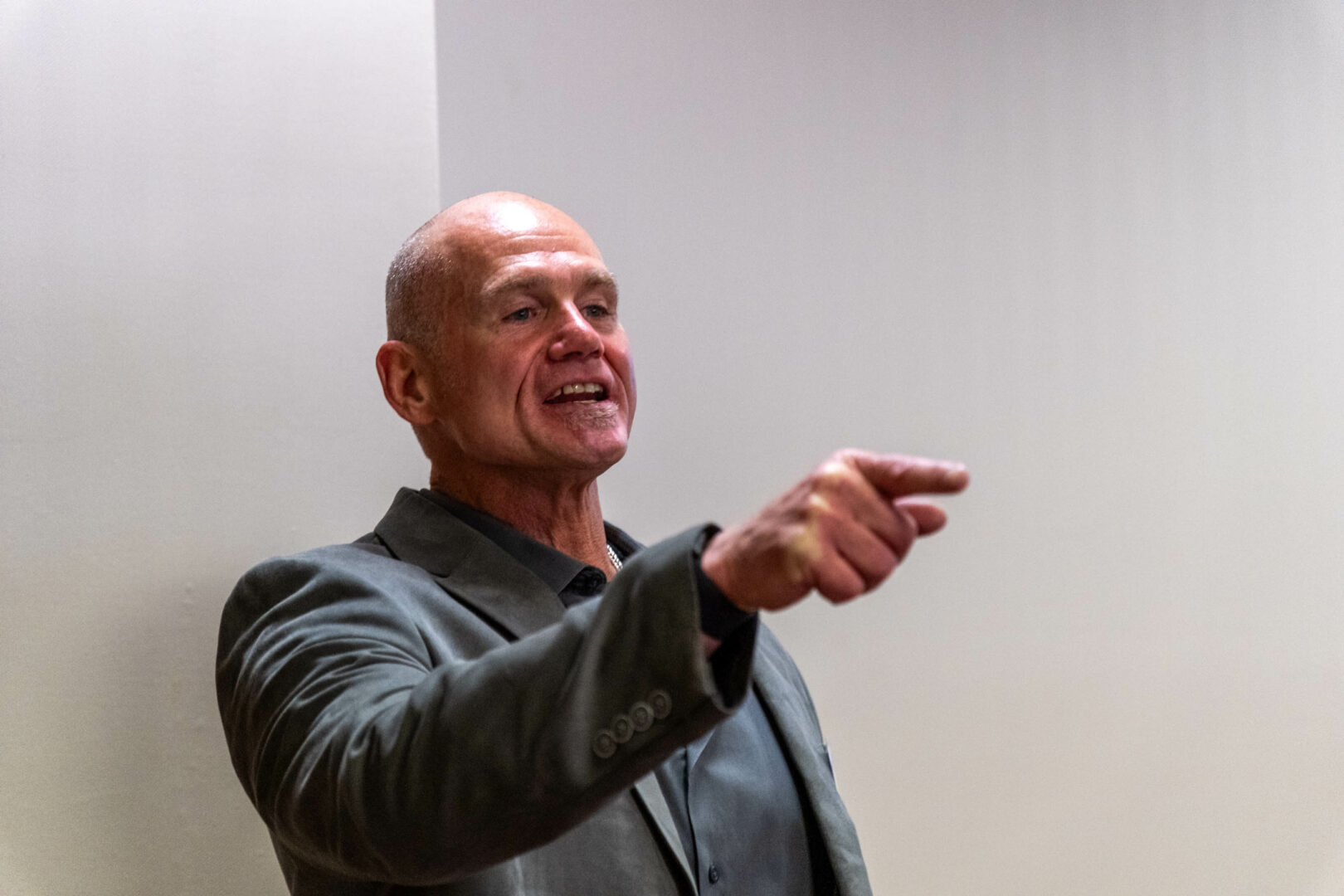
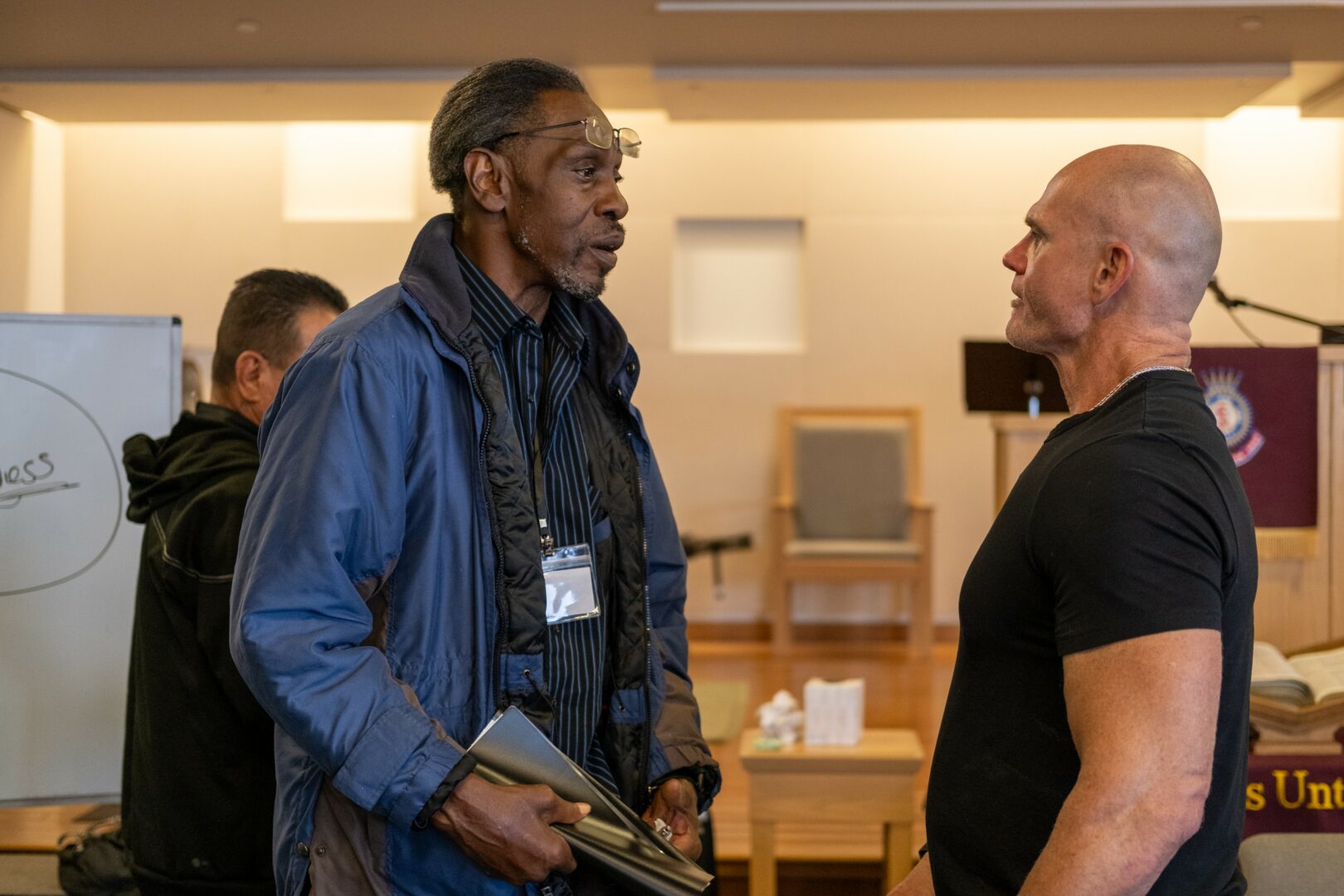
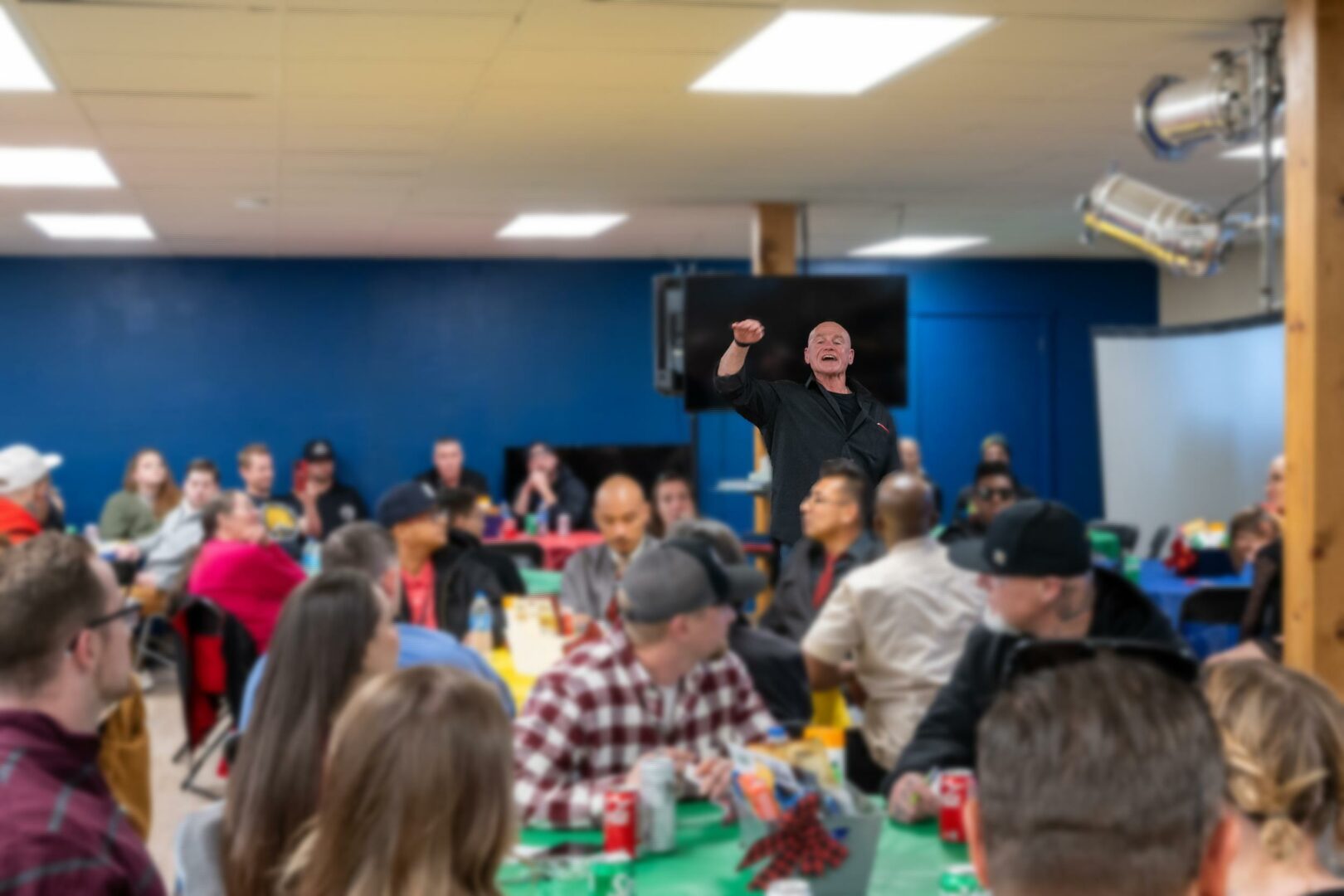
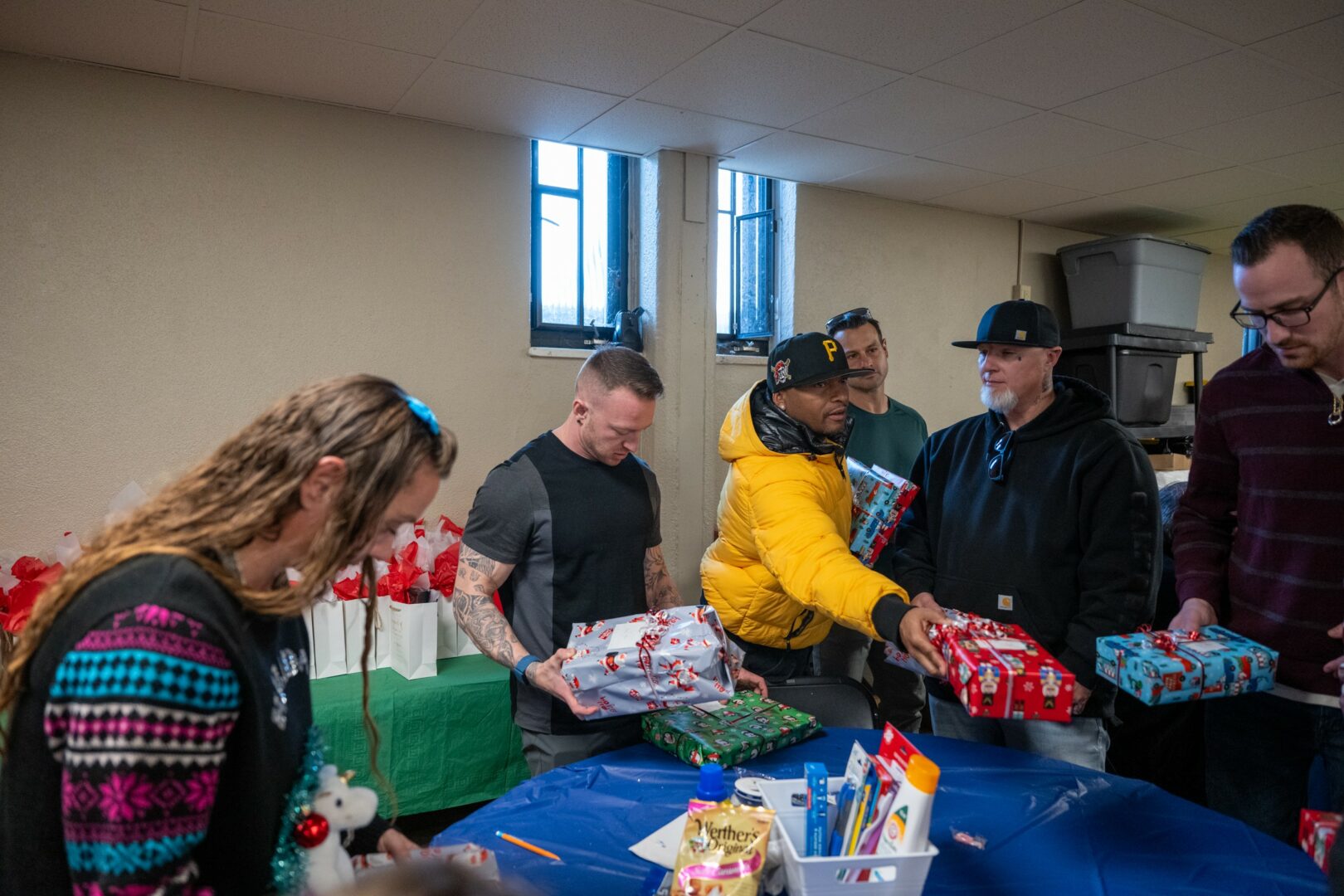
Image Credits
Photos by Leland Kessler
so if you or someone you know deserves recognition please let us know here.

